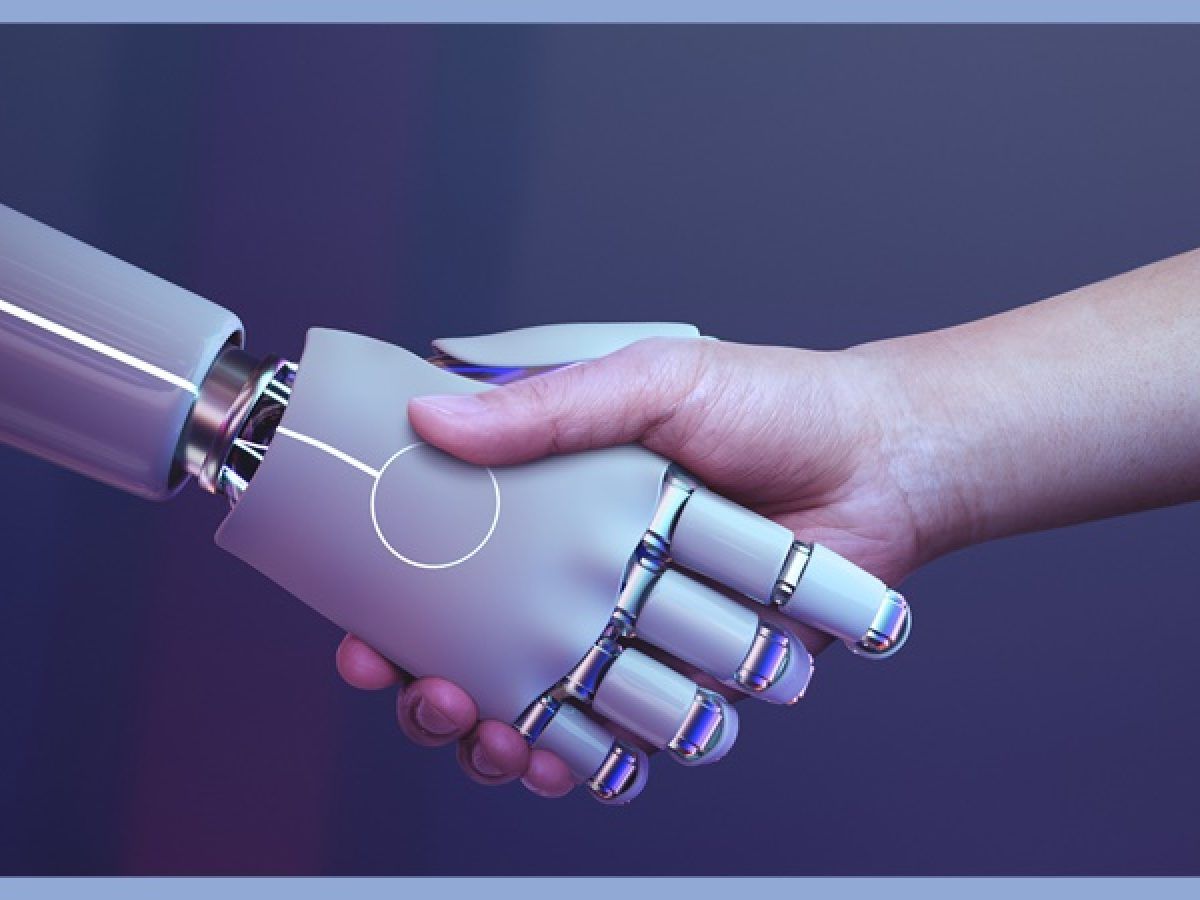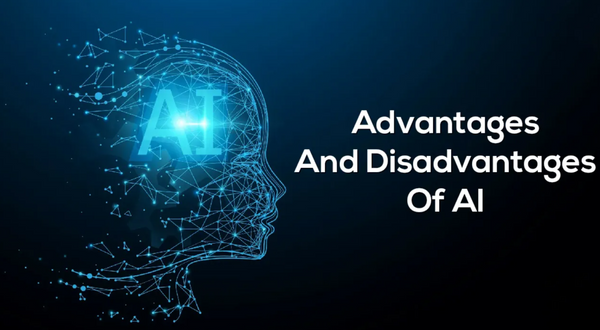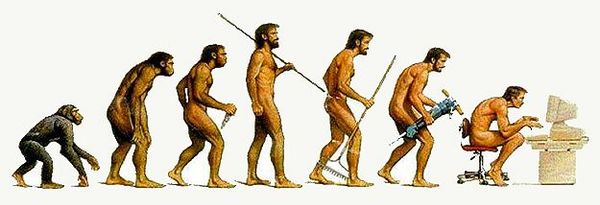Artificial Intelligence has greatly shaped and affected various aspects of our lives- personal or professional. In recent years, the technology has been seen reshaping industries which shows how transformative this technology is. Whether it is about communication, attention to detail, or problem-solving, AI has the solution to all your problems no matter how complex they are. Not just this, people predict that it will also play an integral role in addressing and solving global challenges that threaten the future of humanity. There are two key points behind how and why Artificial intelligence has such immense transformational powers. It’s the ability to analyze and interpret large amounts of data within seconds that too to great accuracy. Imagine spending hours going through the material and still not producing reliable results. It was both tiring and risky for the people and industries thus, an easy way to uncover patterns and keep a check on the industry insights is to stick to Artificial intelligence. Not just this, as each new tool is powered by machine learning and NLP (natural language processing), the tools introduced work just like human analysts just more quickly and efficiently. No matter which industry it is, from healthcare to entertainment… Artificial intelligence has surely integrated into various domains.
With each passing day, the effect of artificial intelligence keeps becoming more pervasive and is reshaping industries and norms at a very fast pace, we all must know about its future implications to make it more beneficial for ourselves and society. Although, if we look back a few years, Artificial intelligence was nothing but all about theories and research however, in a very short time tools introduced by AI can perform tasks humans could not even think of which is why many employees consider the introduction of AI as a threat to their jobs. Whether it is about putting forward strategies, translating, or even bee the perfect full-time assistant AI has the potential to do it all! As artificial intelligence has given its tools the potential to complete routine tasks and match the capabilities of any human being to a great extent we need to make sure to maintain a balance in society so human workers are not displaced and impacted negatively.
In the following article, you will read about how artificial intelligence and its tools have integrated into different industries and its impact. Not just this, ethical considerations that need to be taken timely are also a part of this article. Let’s get started!
AI in Healthcare
Artificial Intelligence has greatly integrated into the field of healthcare and has not just broadened the horizon for new treatments but has also introduced how fatal diseases can be prevented and treated in an early stage before major health risks become evident. Talking about how AI plays a role in predictive analytics for disease prevention, Artificial intelligence tools can analyze and interpret large amounts of data within seconds as they are powered by machine learning thus, through this patterns and symptoms that hint towards the disease can be seen. Moreover, such models can also interpret data from previous health history, lifestyle, and even genetics. Not just this, populations at high risk can be identified and preventative measures can also be taken timely.
Previously humans used to examine environmental and social factors however, now electronic health records can analyze the data more swiftly to avoid increasing health threats. Not only this healthcare specialists and people all around the world can stay updated using AI through information and news circulating on social media, newspapers, magazines, etc. Artificial intelligence tools also play a role in medicine and treatment e.g. by generating personalized plans. This can be done by using the patient's history, family genetics, etc. A record of the ongoing treatment of the patient can also be easily stored using AI. The interesting fact is that AI has also played a role in drug discovery by determining important compounds and by producing new, more advanced models based on the already present data. Not only this, but now that the new tools introduced can analyze images, they can interpret scans, X-rays, and other kinds of diagnostic data too.
AI in Education
Education is not just a necessity to groom children but also to help students identify their skills strengths and paths so, how could we expect that artificial intelligence would not play a role in the education sector? Artificial Intelligence has introduced tons of new tools, apps, and websites for students as well as teachers e.g. using chatbots like ChatGPT students take help to gather information or understand solutions whereas teachers also take assistance from AI to tailor difficulty levels and enhance ways of learning to cater to the advanced needs that need to be fulfilled. Not just this, for students who constantly look forward to the assistance and feedback of their mentors AI has made things easier as various artificial intelligence tools can identify mistakes and grade your assignments. Moreover, by marking tests and assignments tools can also give an accurate predictive analysis of which students need more attention, areas of improvement, and what methods can be opted for, for better performance. Thus, this has recently been playing a great role in improving teaching methods developing strategies for the teachers, and keeping students engaged as well.
Another favor artificial intelligence has done in the world of education is that while parents had to pay a hefty amount for academies, now you have access to intelligent tutoring systems that provide you with explanations, practice questions, and proper guidance. This is highly reliable and recommended as all Artificial intelligence tools are powered by natural language processing which means they respond in a way that caters to the needs of the user and responds in a way any other human would do so. Hence, the integration of AI in education has made it easier, more effective, and adaptive for students and teachers.
AI in Environmental Conservation
The ability of artificial intelligence to process vast amounts of data has not just improved the health and education section but has also enhanced climate models and overall environmental conservation. Data from satellites and weather stations is surely hard to analyze as it needs various resources and algorithms however, now with AI the data can be processed with great efficiency and can also easily identify patterns humans can not with ease. Moreover, AI is also known for its accurate predictive analysis in many different fields. Similarly, in environmental conservation, AI can forecast upcoming weather patterns and can also alert us to any upcoming dangers e.g. flooding, extreme climate change, tsunamis, etc. These projections and alerts can help the government and people take precautions timely so any major calamity can be avoided.
Artificial intelligence is also protecting endangered species in many different ways e.g. as recently introduced tools not only can analyze texts but also images thus, to monitor the species that are predicted to be extinct shortly cameras are used. However, the fun fact is, that humans do not need to be present there to monitor 24/7, AI has taken the responsibility already! Latest tools can also interpret every kind of data and can help in routine tasks e.g. by allocating resources effectively and also improving the response to activities that are to be restricted to protect the species. There is so much more to add! Artificial intelligence tools can also regularly assess the health of the animals so any contracted disease can be treated. This is done through the biometric data. With the help of artificial intelligence alongside our efforts, we can not just take timely action to the adverse changes in the climate but can also work towards conservation and sustainability.
AI in Urban Development
Whether it is about infrastructural management or public safety artificial intelligence is now also a part of the urban development sector. Humans no longer need to travel places to analyze where infrastructure needs improvement as using sensor AI can easily predict which roads, buildings, or bridges need repair so they do not collapse. Similarly, in public places e.g., parks energy use can also be reduced which will not only save energy but will also positively contribute to the environmental conditions. Just like saving energy, water resources can also be managed effectively by timely finding about leakages and knowing what places have an increasing demand for clean water which is also done through sensors. In addition, Artificial intelligence has also introduced smart bins, that automatically notify when they need to be emptied! The world has changed positively because of this single technology- Artificial Intelligence. Not just this, AI tools can also provide you with the perfect guide to make a sustainable living part of your life and also to create greener cities by analyzing the environment.
No more of the traditional signals that you have to wait in for minutes to drive again even in a free road with fewer cars. AI has now introduced signals that work by how the traffic flow is. This increases/decreases the timings of signals accordingly. Moreover, recently applications have been launched that assist you in finding the perfect spot to park your car through cameras and sensors however, to utilize these facilities properly governments of every country need to spend a little on the cameras and sensors needed. Although GPS has been a great help for drivers to find the right route, now, with the help of AI finding congestion-free routes and many alternative ways is extremely easy. You choose the one that suits you the best to decrease the travel time and make your journey comfortable (without being stuck in traffic jams for hours).
Through camera detection, AI can also suspect suspicious people/ activity and in case of emergency can detect the incident in an instant which leads to better management of the traffic as well as swift response by the workers. Thus for better-managed traffic, public safety, and an overall decrease in all types of crimes, the use of Artificial intelligence looks important!
AI and Ethical Considerations
As the tools AI has been introducing themselves are trained by humans it means that their algorithms are set per who is training the tool thus, there is always a risk of bias. The only way to reduce this unfairness can be to ensure that there is transparency when the tools are trained as well and each tool should be trained using diverse data from all kinds of demographics and populations globally. This will not just improve the efficiency of the tools but the users will be able to develop a relation of trust and reliability with the technology if they know the functioning and process through which the tools are made and trained. Where there are so many positives of these AI-powered tools, there are several cases where they are misused by humans themselves e.g. the Photoshop tool thus, strong measures are to be taken to protect the privacy and safety of each individual, and only users themselves should have access to their personal information. Often, AI bots are also trained to use the information of people without their consent which is a major drawback of this technology. One reason behind this is weak policies and a lack of regulations by the government. Lastly, talking about its cons, everyone would acknowledge how AI has increased deployment in sectors where it has integrated. Surely, AI performs tasks quickly however, it is a fact that no technology can replace human intelligence thus, while AI does routine tasks employees should work on acquiring new skills and new job opportunities should be the new norm!
Policymakers and the public play an important role in the control of any technology and tool. If the government gives out strict regulations regarding the creation, training, and use of AI tools it will decrease the arising problems to a great extent. Moreover, they should promote a more inclusive environment for the public so they can understand the threats and concerns of AI while they enjoy the benefits. Whether it's about spreading literacy regarding AI or starting advocacy campaigns, the help and support of the public are necessary.

Conclusion
Hence in conclusion, the integration of Artificial intelligence in various sectors has had an overall positive impact be it health, education, environment, or infrastructure as its ability to analyze and interpret all types of information to produce reliable and quick results, was what we needed. This has given humans to work on other skills and areas that need improvement. Over the years, these areas have shown great improvement and have had transformative changes, however, all of us surely need to stay vigilant and should be fully aware of its impact and the ethical considerations we need to take as individuals and as a society.







